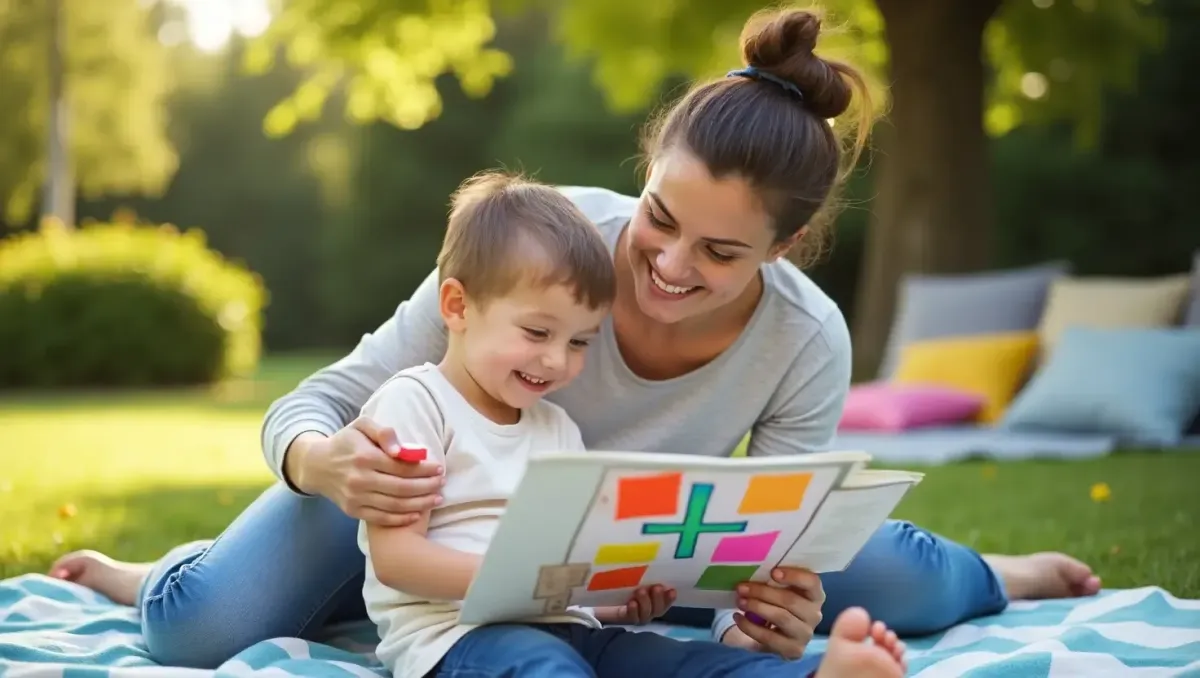
When Summer Turns to Burnout: Supporting Autistic and ADHD Kids (and Parents) Through the End of Summer
Summer sounds like freedom: no school, later bedtimes, more ice cream.
For many families, especially those raising neurodivergent kids, summer can quietly shift into burnout before we even realize it.
In episode 125 of the Every Brain Is Different podcast, we shared how my "Summer of Yes" accidentally turned into a summer of overstimulation, exhaustion, and emotional dysregulation.
Here’s what I learned and how you can spot and support summer burnout in your own home.
How Burnout Shows Up
Burnout doesn’t always look like a meltdown. It can show up as:
Sudden anger or emotional outbursts over small things
Avoidance of activities they usually enjoy
Increased sensory sensitivities
A refusal to go anywhere or do anything
Needing more alone time than usual
One of my kids completely refused to keep paddling in the middle of the river. He laid on his paddleboard and declared he was done. I realized later it wasn’t about the river. It was about how much we had packed into the summer without enough rest. He was exhausted and burned out.
What You Can Do
If your child seems “off,” they might be burned out. Here are a few ways to help:
1. Create Downtime
Let them have guilt-free screen time, play quietly with toys, or do absolutely nothing. Give them permission to rest.
2. Recognize the Signs
Watch for behavioral changes, reluctance to participate, or increased irritability. These can be signs of overstimulation or burnout.
3. Build Calm Spaces
Create a sensory-friendly space with pillows, soft lighting, or calming music. Let your child help choose what makes them feel safe and regulated.
4. Practice Self-Regulation Skills
Introduce calming strategies like deep breathing or movement breaks before they are needed. That way, your child can access them more easily during a moment of distress.
5. Ease Back Into Routine
If your summer was less structured, try reintroducing predictable routines before school starts. Many kids feel more secure with structure, even if they don't ask for it directly.
You’re not a bad parent if you’re also burned out.
If you’re noticing burnout, whether it’s in your kids or yourself, know that it’s normal. Try one of the strategies above and let me know how it worked.
